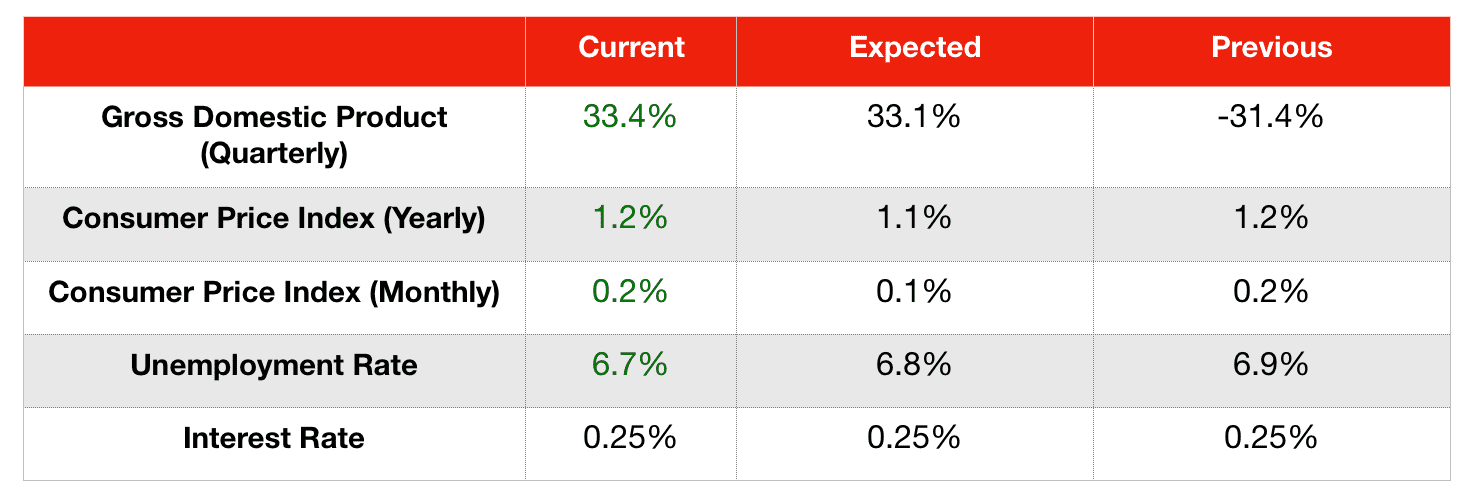The US House of Representatives decided to back President Trump’s proposal to give additional stimulus payments to Americans in need, which has been a recent point of contention between both parties. Now the decision is in the hands of the Republican-controlled Senate, which risks losing its majority in the upcoming Georgia Senate run-off elections.
“To reject this would be in denial of the economic challenges that people are facing and it would deny them, again, the relief they need,” said Speaker of the House Nancy Pelosi.
Next week, Georgians will decide whether they prefer Republicans Kelly Loeffler and David Perdue to hold the state’s Senate seats, or instead support Democrats Raphael Warnock and Jon Ossoff, which would give the Democratic Party control of the House, Senate and presidency for the first time since 2011.
The race is very close, though betting for a Republican win seems safer at the moment. President Trump is set to campaign on the eve of the election.
If Senate Majority Leader Mitch McConnell chooses to hold a vote on the stimulus bill, he risks not getting enough votes to provide additional stimulus, putting at risk the Republican campaign in Georgia. It’s also a big dilemma for the party, which usually advocates for fiscal conservatism, especially since the current situation requires flexibility.
Until now, McConnell has not commented on the House of Representative’s decision, though an ongoing attempt to force a vote by Vermont Senator Bernie Sanders could be successful and force him and his colleagues to take a position.
The coronavirus crisis, even amid the current vaccination campaign, continues advancing in the United States. So far, 19,781,718 cases have been reported, as well as a death toll of 343,182, making the United States the most affected country in the world. Nearly 2 million Americans have already been vaccinated, below the government’s goal to vaccinate 20 million before the end of the year.
Economic Calendar
So far this week, no relevant data about the state of the US economy have been released, mainly due to the end of the year holidays.
Last week, the annualized gross domestic product for the third quarter was released at 33.4 percent, after being at 33.1 percent in the previous reading. It’s a significant improvement from last quarter’s figure, which stood at -31.4 percent.
The US Census Bureau reported that durable good orders rose by 0.9 percent, higher than expected, though lower than October’s 1.8 percent surge. Non-defense capital goods orders gained 0.4 percent, lower than expected and below October’s 1.6 percent.
Dollar Languishes
The US Dollar Index, which measures the greenback’s performance against a bundle of its main competitors, fell by 0.34 percent, relinquishing the previous week’s gains.
The House of Representative’s decision increased uncertainty regarding the future of the Republican-controlled Senate, now that the Georgia run-offs are approaching. The fact that the US is expanding its deficit strengthens the case for a continuing dollar depreciation.
“We see depreciation in the dollar continuing into 2021,” said a team of strategists at Goldman Sachs. “Liquidity dynamics and virus news flow may influence the timing of dollar weakness, but not necessarily the medium-term downtrend.”
The dollar has been losing steam over the last couple of months. So far this month, the greenback has dropped by 2 percent, posting losses for the second consecutive month as it fell by 2.31 percent in November.
US Economic Data Improves
Since our last report, US economic data has gotten slightly better.
The quarterly gross domestic product figure was recently revised up, higher than expected at 33.4 percent, according to data released by the Department of Commerce. It seems that consumer spending led the recovery in the third quarter, though there are already signs of it cooling off as retail sales declined in October and November.
Consumer Price Index data remained essentially unchanged since our last report, signaling an improvement in the monetary realm. In the same way, unemployment data signals an improvement in the labor markets.
Upcoming Events
This week is New Year’s eve, so not many relevant data about the state of the US economy is expected to be released.
On Tuesday, October’s S&P/Case-Shiller Home Price Indices will be released.
Pending home sales data for November will be published on Wednesday.
Jobless claims data will be released on Thursday by the US Department of Labor.

